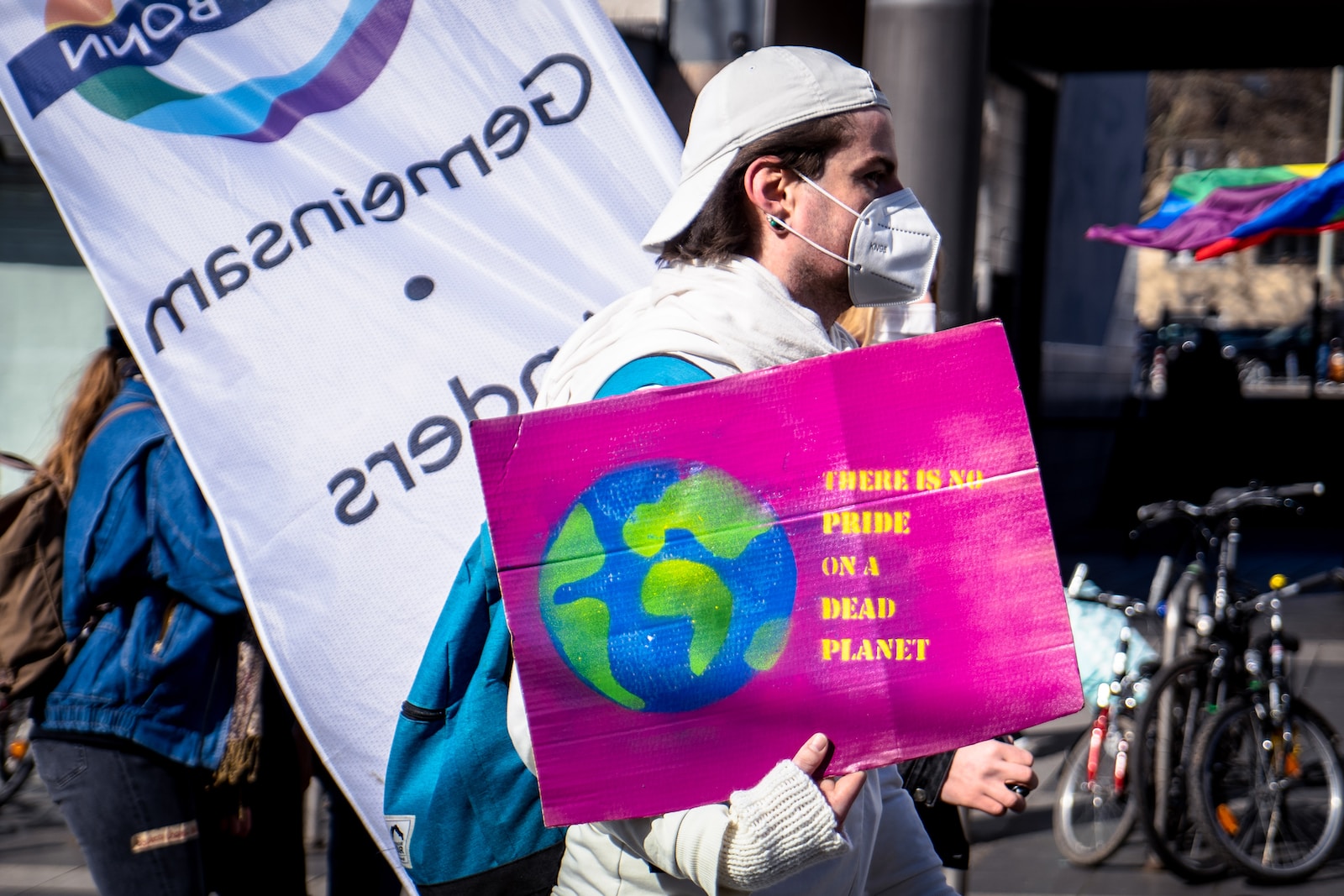Table of Contents
ToggleIntroduction:
Climate change poses an unprecedented threat to our planet, requiring collective efforts to mitigate its impact. The Climate Change Performance Index (CCPI) serves as a vital tool in evaluating and comparing countries’ progress in addressing climate change. In this comprehensive article, we delve into the CCPI, its importance in assessing global climate efforts, and provide practical tips for individuals to make a positive difference in creating a sustainable future.
Understanding the Climate Change Performance Index (CCPI):
The Climate Change Performance Index is an annual publication that assesses and ranks countries based on their efforts in combating climate change. It evaluates various aspects, including greenhouse gas emissions, renewable energy use, energy efficiency, climate policy, and international climate cooperation. The CCPI provides valuable insights into the performance of different nations, encouraging accountability and fostering healthy competition for climate action.
The Significance of the CCPI:
The CCPI serves as a crucial tool for policymakers, researchers, and concerned citizens alike. By examining the performance of nations, it highlights both success stories and areas that require improvement. This information helps identify best practices, promotes knowledge sharing, and stimulates international collaboration. Additionally, the CCPI holds governments accountable for their climate commitments, creating pressure for stronger climate action.
Key Findings of the Latest Report:
The latest report of the Climate Change Performance Index was published in November 2022. The report found that the current energy crisis clearly demonstrates how the world remains dependent on fossil fuels. However, many countries used this moment as a turning point for ambitious climate mitigation through rapid improvements in energy efficiency and renewable energy.
Denmark continues to be the current frontrunner in climate mitigation. As in the previous year, they led in almost all individual categories in the index. Denmark is the only country with a ‘high’ national and even ‘very high’ rated international climate policy. However, despite adopting policies such as a CO2 tax, Denmark is currently not yet on track to meet its 50% emission reduction target by 2025 (compared to 1990 levels).
Chile is also one of the leaders of this year’s CCPI, moving up three ranks to sixth place and remaining among the high-performing countries. Chile adopted a climate change framework law this year that includes a commitment to reach net-zero by 2050 including policies to implement this target.
India has established itself in the top group and even improved by two ranks (now ranked 8). Above all, India benefits from low per capita emissions and energy use. Its growing share of renewable energy also received high marks in the new CCPI. India has updated its Nationally Determined Contribution (NDC) and announced a net-zero target for 2070. However, experts highlight that a carbon pricing mechanism and concrete action plans for achieving the targets are still missing.
In contrast, the worst performers in the overall ranking are Iran, Saudi Arabia, and Kazakhstan. The three countries are particularly weak in renewables and heavily reliant on oil. Saudi Arabia is the country with the highest per capita greenhouse gas (GHG) emissions among the G20 nations. Turkey, Hungary, and Brazil show very low policy performance.
Let’s delve into some key aspects evaluated by the CCPI:
- Greenhouse Gas Emissions:
Countries with lower greenhouse gas emissions per capita receive higher scores. This reflects their commitment to reducing carbon footprints and transitioning to cleaner energy sources. It underlines the importance of adopting sustainable practices and embracing renewable energy solutions.
- Renewable Energy Use:
The CCPI evaluates the share of renewable energy in a country’s energy mix. Nations that prioritize renewable energy sources, such as wind, solar, and hydroelectric power, receive higher scores. This emphasizes the significance of transitioning away from fossil fuels to reduce carbon emissions and combat climate change.
- Energy Efficiency:
Energy efficiency is a crucial factor in the CCPI assessment. Countries that implement effective energy-saving measures and promote energy-efficient practices receive higher rankings. Energy conservation measures, such as improved building insulation, efficient transportation systems, and industrial energy management, play a vital role in curbing emissions.
- Climate Policy:
The CCPI evaluates the strength and effectiveness of national climate policies and targets. Countries with robust climate policies, ambitious emission reduction targets, and comprehensive adaptation plans receive higher scores. Strong policy frameworks are essential for driving systemic change and fostering sustainable development.
- International Climate Efforts:
International cooperation and collaboration are pivotal in addressing climate change. The CCPI assesses countries’ engagement in international climate negotiations, their support for global climate initiatives, and their contributions to climate finance. Active participation and support in global climate efforts contribute to higher rankings.
Individual Action for a Sustainable Future:
While the CCPI primarily focuses on evaluating countries’ performance, individual actions are equally crucial in combating climate change. Here are practical tips for individuals to contribute to a sustainable future:
Reduce Your Carbon Footprint:
- Use energy-efficient appliances and LED lighting.
- Opt for public transportation, carpooling, or cycling.
- Minimize air travel and consider offsetting your carbon emissions.
Embrace Renewable Energy:
- Install solar panels or consider renewable energy options provided by your utility company.
- Support community renewable energy initiatives.
- Practice energy conservation at home by turning off lights and appliances when not in use.
Advocate for Change:
- Stay informed about climate policies and initiatives in your country.
- Engage with policymakers, participate in public consultations, and express your support for ambitious climate action.
- Join local environmental organizations and lend your voice to climate advocacy efforts.
Adopt Sustainable Lifestyle Habits:
- Reduce, reuse, and recycle to minimize waste.
- Support local and sustainable businesses.
- Choose eco-friendly products and make conscious consumption choices.
Conclusion:
The Climate Change Performance Index (CCPI) plays a vital role in assessing countries’ efforts in combating climate change and fostering a sustainable future. By analyzing rankings and evaluating key indicators, the CCPI encourages global accountability and inspires positive action. Individual actions also contribute significantly to mitigating climate change. By reducing our carbon footprint, embracing renewable energy, advocating for change, and adopting sustainable lifestyles, we can collectively make a difference. Let us harness the power of the CCPI and our individual actions to create a more resilient and sustainable world for future generations. Together, we can combat climate change and build a brighter future.







